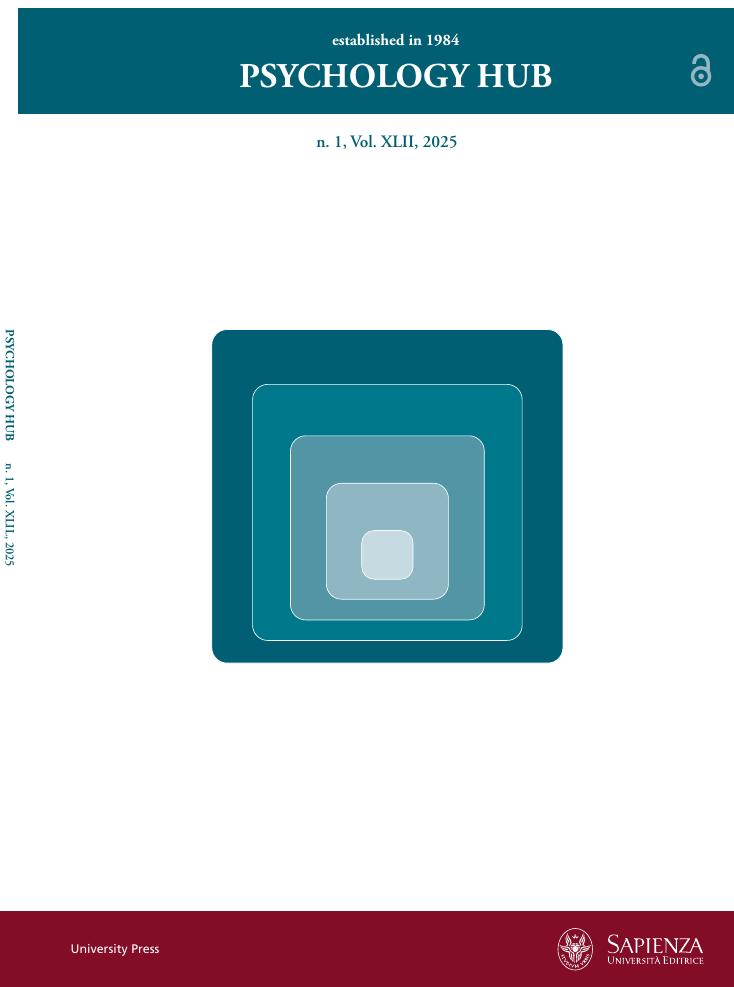Coping strategies of COVID-19's infected patients: Insight from Indonesian cases
DOI:
https://doi.org/10.13133/2724-2943/18147Keywords:
Coping strategies, COVID-19, patient, IndonesiaAbstract
The COVID-19 pandemic has ravaged many aspects of daily life that induced prolonged mental health problems in individuals. The mental and physical distress felt by affected individuals emphasizes the need for effective coping strategies to cope with this mental burden. Therefore, the present study aims to:(1)explore the coping strategies infected individuals used during the infection period; (2)examine whether there are different coping strategies associated with gender, physical fragility (e.g. pregnant women and the elderly), and specific isolation characteristics.An online survey was administered in February 2021 to a convenience sample recruited through social media platforms. It consisted of self-reported infected individuals practicing self-isolation or being isolated in hospitals. 304 respondents aged 15 – 68 (mean=31.90, SD=10.04) participated in this study. The Brief COPE Inventory was distributed with general demographic questions. In general, the results showed that all participants used adaptive strategies more frequently than maladaptive ones. Among the adaptive coping strategies, acceptance and religious are the most frequently used coping strategies. However, the participants who had physical fragility and were in isolation used all adaptive coping strategies equally. Of all maladaptive strategies, self-distraction was consistently the most frequently used by all participants. Meanwhile, the participants who had physical fragility and were in isolation also employ venting and self-blaming in addition to self-distraction.These results emphasize that people infected by COVID-19 can cope positively in situation, but additional support for people who have physical fragility and are in isolation (at home or in a hospital) is still needed.
Additional Files
Published
How to Cite
Issue
Section
License
Copyright (c) 2025 Psychology Hub

This work is licensed under a Creative Commons Attribution-NonCommercial-ShareAlike 4.0 International License.





